Movie Documentary History

Hollywood Blacklisted Him… But He Had The Last Word.
Through a focus on the life of Dalton Trumbo (1905-1976), this film examines the effects on individuals and families of a congressional pursuit of Hollywood Communists after World War II. Trumbo was one of several writers, directors, and actors who invoked the First Amendment in refusing to answer questions under oath. They were blacklisted and imprisoned. We follow Trumbo to prison, to exile in Mexico with his family, to poverty, to the public shunning of his children, to his writing under others' names, and to an eventual but incomplete vindication. Actors read his letters; his children and friends remember and comment. Archive photos, newsreels and interviews add texture. Written by
Similiar movies
The Majestic
Set in 1951, a blacklisted Hollywood writer gets into a car accident, loses his memory and settles down in a small town where he is mistaken for a long-lost son.
Point of Order!
Point of Order is compiled from TV footage of the 1954 Army-McCarthy hearings, in which the Army accused Senator McCarthy of improperly pressuring the Army for special privileges for Private David Schine, formerly of McCarthy's investigative staff. McCarthy accused the Army of holding Schine hostage to keep him from searching for Communists in the Army. These hearings resulted in McCarthy's eventual censure for conduct unbecoming a senator.
Chris & Don: A Love Story
Chris & Don chronicles the lifelong relationship between author Christopher Isherwood and his much younger lover, artist Don Bachardy, and it combines present-day interviews, archival footage shot by the couple from the 1950s, excerpts from Isherwood's diaries, and playful animations to recount their romance.
Can Heironymus Merkin Ever Forget Mercy Humppe and Find True Happiness?
Heironymus Merkin is an internationally successful singer approaching middle age who retells his life story in a series of production numbers on a seashore in front of his two toddlers and aged mother. Merkin's promiscuous relationships with women are explored, particularly Polyester Poontang and the adolescent Mercy Humppe. Merkin is constantly surrounded by a Satan-like procurer, Goodtime Eddie Filth, and an angelic 'Presence' who interrupts Merkin's biography with cryptic Borscht Belt-level jokes to denote births and deaths in Merkin's life. Newley periodically steps out of character to complain about his 'Merkin' role with an unseen director, two screenwriters, the film's producers and a trio of blasé movie critics who are turned off by the story's eroticism and lack of plot.
Tasmanian Devil: The Fast and Furious Life of Errol Flynn
The story of Tasmanian-born actor Errol Flynn whose short & flamboyant life, full of scandals, adventures, loves and excess was largely played out in front of the camera - either making movies or filling the newsreels and gossip magazines. Tragically he was dead from the effects of drugs and alcohol by the time he was only 50 & the myths live on. But there is another side of Flynn that is less well known - his ambitions to be a serious writer and newspaper correspondent, his documentary films and his interest in the Spanish Civil War and Castro's Cuba
The Pursuit of Happiness
Showtime's "In the 20th Century" is a millennium-related strand of feature-length documentaries in which famous directors take on major subjects of their choosing. In the fourth of the six films, "The Pursuit of Happiness," filmmaker Robert Zemeckis delves into the history of America's relationship with mind-altering substances over the past 100 years, presenting interviews with historians and professionals in the drug treatment field, interspersed with a treasure trove of film and television clips depicting the highs and lows of smoking, drinking and drugging in the 20th century
And the Pursuit of Happiness
In 1986, Louis Malle (himself a transplant to the United States) set out to investigate the ever-widening range of immigrant experience in America. Interviewing a variety of newcomers — from teachers to astronauts to doctors — in communities from coast to coast, Malle paints a humane portrait of their individual struggles in an increasingly polyglot nation.
Legacy of the Hollywood Blacklist
This one-hour film, narrated by Actor BURT LANCASTER, explores the lingering effects of The Hollywood Blacklist, which occurred in the late forties and early fifties as part of the Anti-Communist witch-hunts that terrorized the nation. This film is seen through the eyes of the wives and children of the now deceased Hollywood figures whose careers were destroyed when studio bosses, along with guild and union officials capitulated to the demands of the House Un-American Activities Committee.
Career
Playwright James Lee adapted his off-Broadway play for the screen in this high-strung adaptation, directed by Joseph Anthony. In this simplistic, backroom show-business-success saga, Anthony Franciosa plays Sam, a struggling young actor who will forsake his family and take any type of menial job in order to become a Broadway star. Dean Martin is on hand as Maury, an aspiring director also trying to claw his way up the ladder of success. When Maury gets his big break, Sam wants a part in his show, but when Maury, who is unwilling to cast Sam in the production, turns down Sam's request, Sam seduces and marries Maury's girlfriend (Shirley MacLaine). In spite of everything, Maury wants his girl back, and Sam agrees to a divorce on the stipulation that Maury cast him as the star in his next show. Once again, Maury reneges and, before Sam can exact his revenge, Uncle Sam comes to the rescue and he is drafted into the army.
Fuck You All: The Uwe Boll Story
Honing his craft as an indie filmmaker in Germany in the early 90s, Uwe Boll never could have imagined the life that lay before him. From working with Oscar-winning actors and making films with US$60million budgets to having actors publicly disparage him and online petitions demanding he stop making films, Boll continued to work; he has a filmography of 32 features, a career that has led to his new life as a successful high-end restauranteur. Already a cult legend, he will be remembered forever in the film world; for some, as a modern-day Ed Wood, who made films so bad, they're good, while for others, a prolific filmmaker who came from a small town in Germany and never compromised his integrity while forging his own unique Hollywood trajectory.
Surname Viêt Given Name Nam
The film evolves around questions of identity, popular memory and culture. While focusing on aspects of Vietnamese reality as seen through the lives and history of women resistance in Vietnam and in the U.S, it raises questions on the politics of interviewing and documenting.
Hollywood on Trial
A detailed look at the events leading up to the blacklisting of Hollywood writers and artists. In October 1947 nineteen Hollywood personalities were subpoenaed by the House Committee on Un-American Activities to testify about their knowledge or possible involvement in the American Communist Party. The first ten to be called refused to cooperate, claiming their first amendment rights, were cited for contempt of Congress and sent to prison. They became known as the "Hollywood Ten" and this is their story.
Similiar TV Shows
The Eighties
The third installment from executive producers Tom Hanks, Gary Goetzman and Mark Herzog, following in the footsteps of critically-acclaimed series THE SIXTIES and THE SEVENTIES, tackles 10 years shaped by exceptionalism and excess. Like its predecessors, THE EIGHTIES intersperses rare archival newsreel footage, interviews, and comments by historians, journalists, politicians, celebrities and others, painting a perspective-rich picture of a vibrant decade. Episodes examine the age of Reagan, the AIDS crisis, the end of the Cold War, Wall Street corruption, the evolving TV and music scene, and everything in between.
Hey Arnold!
The daily life of Arnold--a fourth-grader with a wild imagination, street smarts and a head shaped like a football.
Inside the Actors Studio
James Lipton sits down with some of the world's most accomplished actors and directors for penetrating, fascinating interviews.
Rugrats
Focuses on a group of toddlers, most prominently Tommy, Chuckie, Phil, Lil, and Angelica, and their day-to-day lives, usually involving common life experiences that become adventures in the babies' imaginations. Adults in the series are almost always unaware of what the children are up to; however, this only provides more room for the babies to explore and discover their surroundings.
Prohibition
The history of the rise, rule and fall of the Eighteenth Amendment to the United States Constitution and the entire era it encompassed (1920-33). After nearly a century of activism, Prohibition was intended to improve the lives of all citizens by protecting individuals, families and society at large from the devastating effects of alcohol abuse; but paradoxically it made millions of people rethink their definition of morality.
Orson Welles' Sketch Book
Orson Welles' Sketch Book is a series of six short television commentaries by Orson Welles for the BBC in 1955. Written and directed by Welles, the 15-minute episodes present the filmmaker's commentaries on a range of subjects. Welles frequently draws from his own experiences and often illustrates the episodes with his own sketches.
D-Day: The Total Story
This is the ultimate chronicle of the largest amphibious invasion in history. The momentous decisions and tragic losses, pitched battles and desperate strategies come alive with extensive footage from both Allied and Axis government vaults and revealing interviews with soldiers, commanders and civilians. Trace the development of D-Day from the initial plans and strategies to the final breakthrough that sent Allied troops roaring to Paris. Follow the strategies of Eisenhower, Montgomery, Marshall and Bradley and the counter-attacks and defenses of their German opponents. See how the heroism and valor of individual men was vital to salvaging success from plans that went awry in the first few minutes. And get an incredible, front-line view of the pitched battles that sent so many men to their grave.
Banned in the UK
Four-part series demonstrating different kinds of censorship, such as censorship by the government or of art.
Pati's Mexican Table
The three-time James Beard award-winning and Emmy nominated TV series “Pati’s Mexican Table” brings authentic Mexican flavors, colors, textures and warmth into your home. Pati Jinich is a former policy analyst, focused on Latin American politics and history, turned chef, cookbook author, and TV host whose true passion lies in sharing the tastes of her childhood and culinary adventures in her native country. In each episode, Pati embarks upon an exciting and entertaining journey, where each dish serves as a point of departure into Mexico’s rich history and culture, Pati’s personal experiences, her family life, and her ongoing conversations with cooks in both Mexico and the US.
The Perfect Murder
"The Perfect Murder" brings viewers some of the most diabolical, perplexing murder cases to land on detectives’ desks – the kind of cases that make or break careers and provide fodder for Hollywood mystery movies. These ingenious killers are every detective’s worst nightmare. Whether by planting false evidence, or writing anonymous letters to police, these murderers will stop at nothing to stay one step ahead and get away with the perfect murder. In this program, we focus on the investigation, as detectives slowly put the pieces together to unravel the twisted truth. As detectives uncover new evidence, and turn to new suspects, we flashback through stylized reenactment, to depict each possible theory of what may have happened. For the killer, it’s THE PERFECT MURDER. Detectives hit dead end after dead end, and wrong suspects are discarded. But one new clue can lead to another and the cold case suddenly gets hot. Truth is, it’s the perfect murder... until it’s not.
James Cameron's Story of Science Fiction
Explore the evolution of sci-fi from its origins as a small genre with a cult following to the blockbuster pop-cultural phenomenon we know today. In each episode, James Cameron introduces one of the “Big Questions” that humankind has contemplated throughout the ages and reaches back into sci-fi’s past to better understand how our favorite films, TV shows, books, and video games were born.
America Beyond the Color Line
Henry Louis Gates Jr., Harvard's chair of Afro-American Studies, travels the length and breadth of the United States to take the temperature of black America at the start of the new century. He explores this rich and diverse landscape, social as well as geographic, and meets the people who are defining black America, from the most famous and influential to those at the grassroots.
The North Water
Henry Drax is a harpooner and brutish killer whose amorality has been shaped to fit the harshness of his world, who will set sail on a whaling expedition to the Arctic with Patrick Sumner, a disgraced ex-army surgeon who signs up as the ship’s doctor. Hoping to escape the horrors of his past, Sumner finds himself on an ill-fated journey with a murderous psychopath. In search of redemption, his story becomes a harsh struggle for survival in the Arctic wasteland.
Mayor of Kingstown
In a small Michigan town where the business of incarceration is the only thriving industry, the McClusky family are the power brokers between the police, criminals, inmates, prison guards and politicians in a city completely dependent on prisons and the prisoners they contain.
The Journal Editorial Report
The Journal Editorial Report is a weekly American interview and panel discussion TV program on Fox News Channel, hosted by Paul Gigot, editorial page editor of The Wall Street Journal. Prior to moving to Fox News, the show aired on PBS for 15 months, ending on December 2, 2005. Opening with a newsmaker of the week, Gigot usually interviews a guest for the first half of the program, asking questions related to the writings of the guest or a current event of interest to the guest. Following the guest segment, the program becomes a panel discussion of Wall Street Journal editorial writers giving their opinions on the political, economic, and cultural issues of the current week. The final segment labeled Hits and Misses lets the panelists comment on the best and worst stories or events of the week. The program is broadcast Saturdays at 2:00 p.m. and 11:00 p.m. and Sundays at 6:00 a.m. The transcript of each show appears on OpinionJournal.com on the following Monday. The political point of view of the panel is primarily libertarian, reflecting the "free markets and free people" philosophy of the editorial page of the Wall Street Journal.

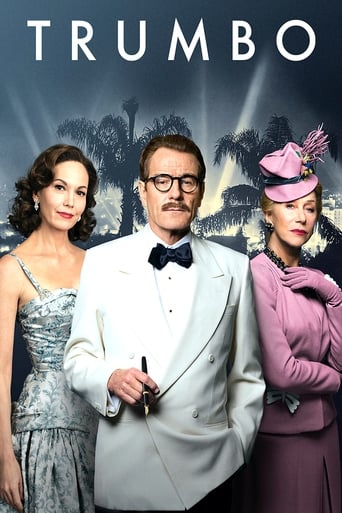
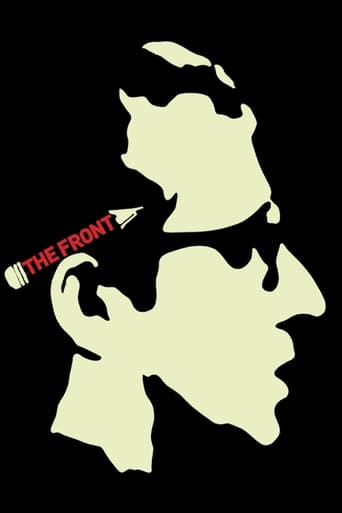








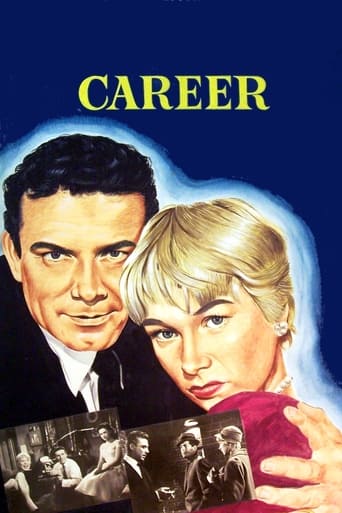
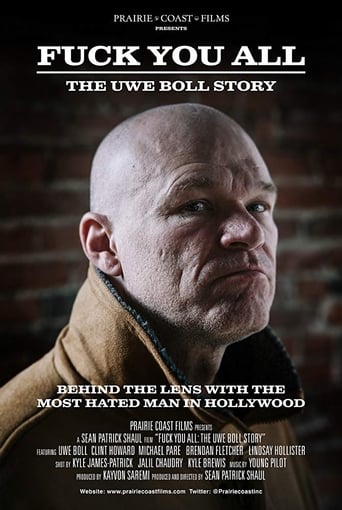

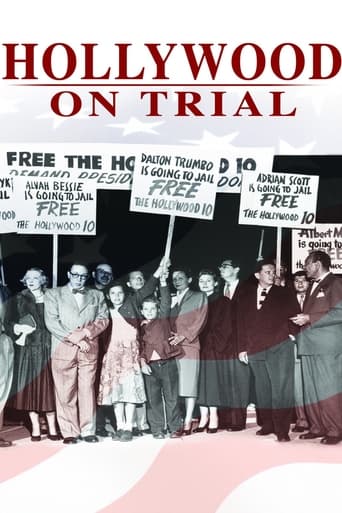















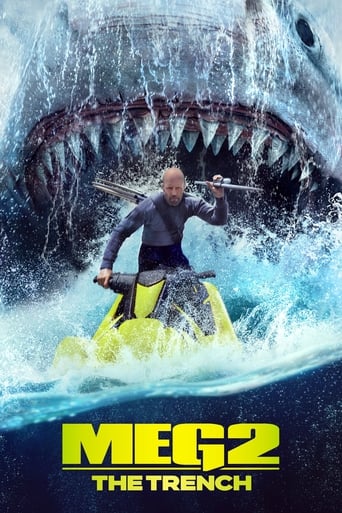
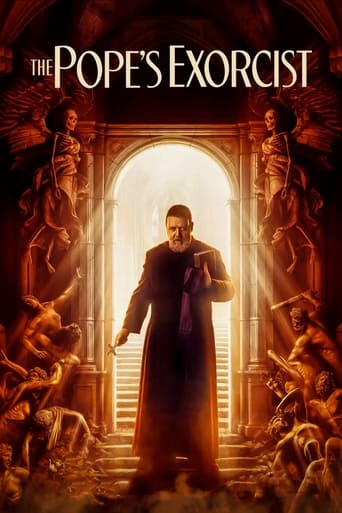
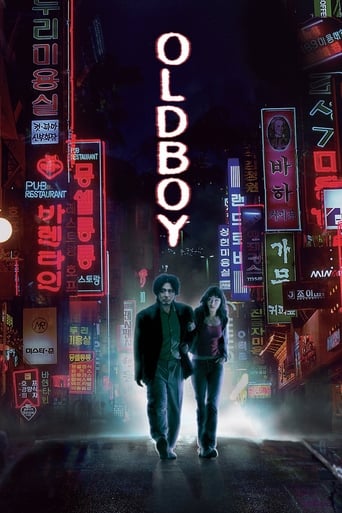
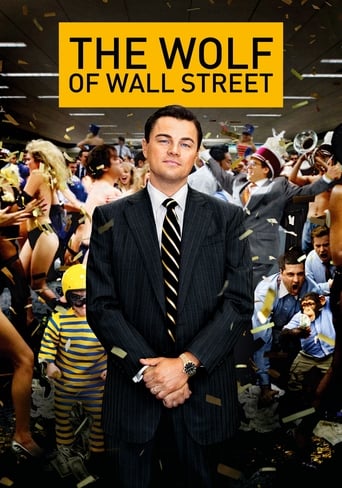
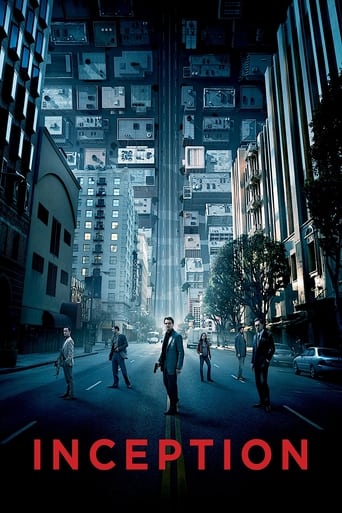
Before Night Falls
Spanning several decades, this powerful biopic offers a glimpse into the life of famed Cuban poet and novelist Reinaldo Arenas, an artist who was vilified for his homosexuality in Fidel Castro's Cuba.